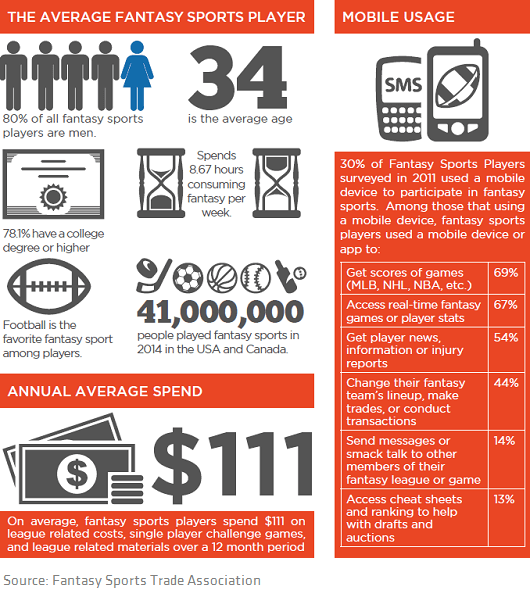Exploring The Psychological Aspects Contributing To Slot Machine Addiction

Writer-Hill Leth
As you being in front of an one-armed bandit, the hypnotic pull of the rotating reels and the occasional jingle of a win can be strangely enticing. Yet have you ever before wondered what exists below this apparently innocent activity? The psychology behind one-armed bandit dependency introduces an intricate web of aspects that keep gamers returning for more, shedding light on the complex functions of the human mind when confronted with the adventure of betting.
## The Allure of Vending Machine Gamings
If you have actually ever found yourself astounded by the flashing lights and enticing audios of slots, you aren't alone in experiencing the attraction of these video games. The adventure of expectancy as the reels rotate, the adrenaline rush when symbols align, and the possibility of hitting a jackpot all contribute to the magnetic pull of fruit machine. The recurring nature of pushing the switch or drawing the lever, paired with the periodic rewards, produces a cycle of enjoyment and support that keeps you coming back for even more.
Slot machines are created to be visually appealing, with vivid colors, memorable sounds, and appealing themes that draw you in. informative post of randomness in the outcomes includes an air of unpredictability, making each spin feel like a new possibility for success. go to the website and pleasure principle of port video games offer a quick retreat from truth, offering a short-lived diversion from day-to-day fears and stress. As you go after that evasive big win, the enjoyment and hope maintain you hooked, making it difficult to stand up to the lure to play simply one more time.
## Cognitive Prejudices in Betting Habits
The appeal of vending machine games can frequently lead people to exhibit cognitive predispositions in their gambling behavior, affecting their decision-making procedures and assumptions of threat.
One typical cognitive bias is the bettor's fallacy, where people believe that previous results will affect future outcomes. This can result in increased wagering after a string of losses in the hopes of a win.
Another bias is the impression of control, where players think they've even more impact over the outcome of the game than they really do. This can bring about increased confidence in decision-making while playing slots.
In addition, confirmation predisposition contributes, where individuals look for info that validates their ideas concerning winning approaches while overlooking evidence to the contrary.
These cognitive biases can distort truth, leading individuals to make illogical decisions and fueling habit forming habits in vending machine gaming.
## Neurological Elements of Addiction
Exploring the neurological devices underlying dependency sheds light on the elaborate procedures that drive compulsive actions in slots players. When you engage with one-armed bandit, your brain undertakes complicated adjustments. Dopamine, a natural chemical associated with enjoyment and incentive, plays a vital role in dependency.
Each time you pull the lever or press the button, your brain anticipates a possible benefit, releasing dopamine. This neurotransmitter enhances the habits by creating a sense of ecstasy, making you hunger for that sensation continuously.
Additionally, the continuous stimulation from slot machines can modify your brain's reward system. The duplicated direct exposure to the thrilling lights, sounds, and occasional victories can desensitize your mind's incentive pathways, leading you to look for even more significant rewards to attain the very same degree of satisfaction. This sensation is known as tolerance, where gradually, you may need to increase your gaming behavior to experience the same enjoyment as before.
Comprehending these neurological elements of addiction can assist you recognize the powerful grasp slot machines can carry your mind and make notified choices to avoid falling into uncontrollable gambling patterns.
## Conclusion
You find yourself captivated by the blinking lights and thrilling sounds of one-armed bandit, reeled in by the expectancy of a big win. Your cognitive prejudices, like the gambler's fallacy and impression of control, misshape your decision-making.
The release of dopamine in your mind reinforces pleasurable experiences, leading you to look for larger rewards. Understanding the psychological elements at play can aid you acknowledge and resolve your vending machine dependency before it spirals out of control.

